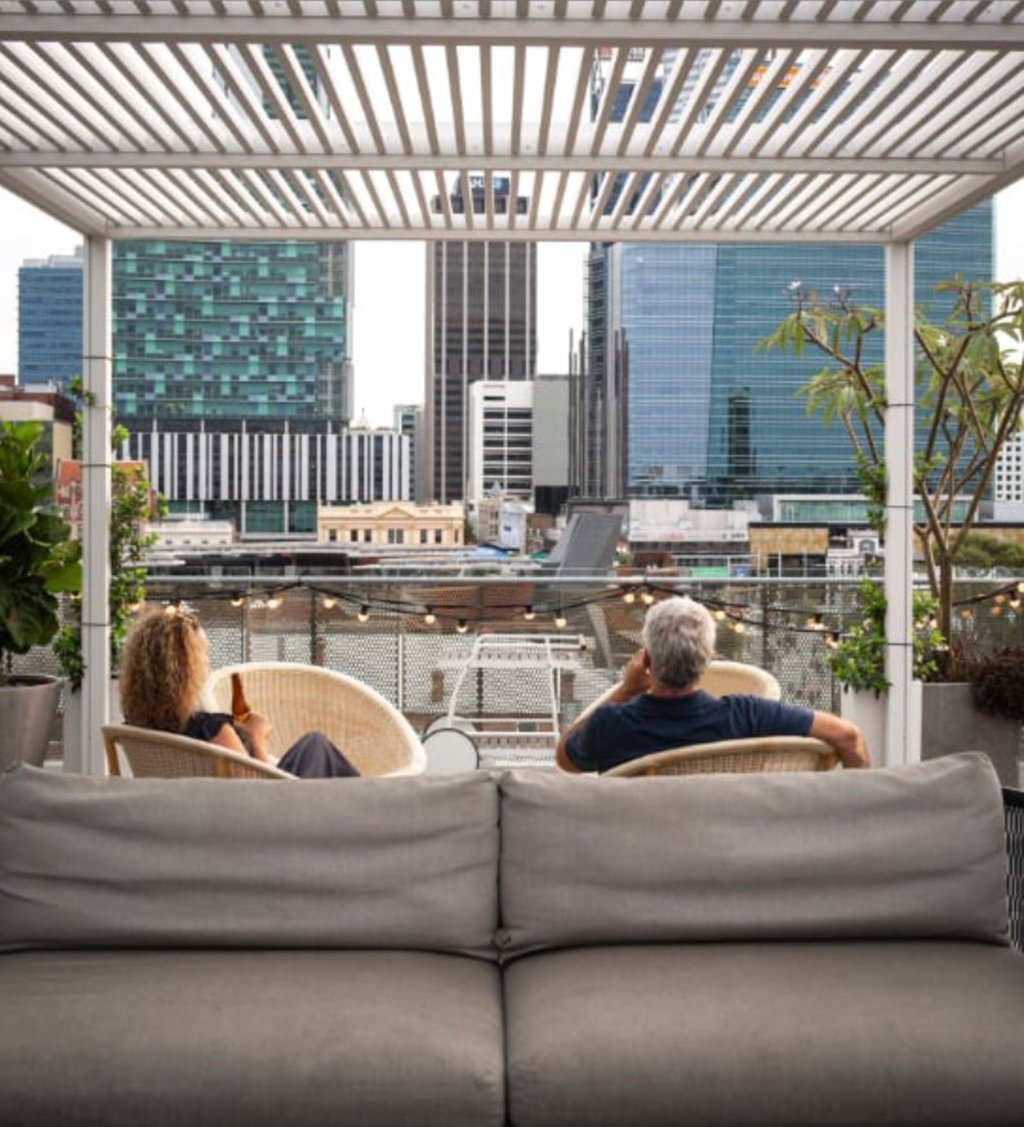From Zoku in Amsterdam to Eaton HK in Hong Kong to Bali’s Lost-Lindenberg, the rise of digital nomads has spawned a new type of hotel
- In the early 2000s, some hotel groups began hosting pool parties, afternoon wine hours, art courses and visiting DJs to keep guests interacting within the hotel
- This has only grown as time has gone on – now, hotels are turning themselves into ‘homes away from home’ with co-living and co-working spaces in which to linger

There was a time when checking into a hotel was a relatively solitary experience; after collecting your key from reception, you would head straight up to your room. A few days later, you would check out – all without really speaking to or interacting with anyone beyond the concierge and spa therapist or, at a pinch, fellow guests at a neighbouring breakfast table.
Whatever interactions there may have been would have been minimal and not particularly meaningful.
But, quite without anyone noticing it, a new generation of hotels has come into being that describe themselves, somewhat awkwardly, as “non-hotels” or, more recently, “homes away from home”.
The insularity of the typical hotel experience began shifting in the early 2000s, with American hotel groups such as Ace, Kimpton and Standard leading the charge. These revolutionaries began hosting blowout pool parties, afternoon wine hours, art courses and visiting DJs spinning house tracks in the lobby.

In recent years, upstarts such as Zoku, in Amsterdam in the Netherlands, Schwan Locke, in Munich, Germany, Alex, in Perth, Australia, and the Eaton hotels in Hong Kong and Washington in the United States have upped the ante by shrinking the sizes of their rooms and nudging guests out into lively co-working and co-living spaces fuelled by coffee stations and honesty bars (unattended bars where you pay what you want), and communal dining rooms with open kitchens styled like the refectory of some hipster boarding school.
